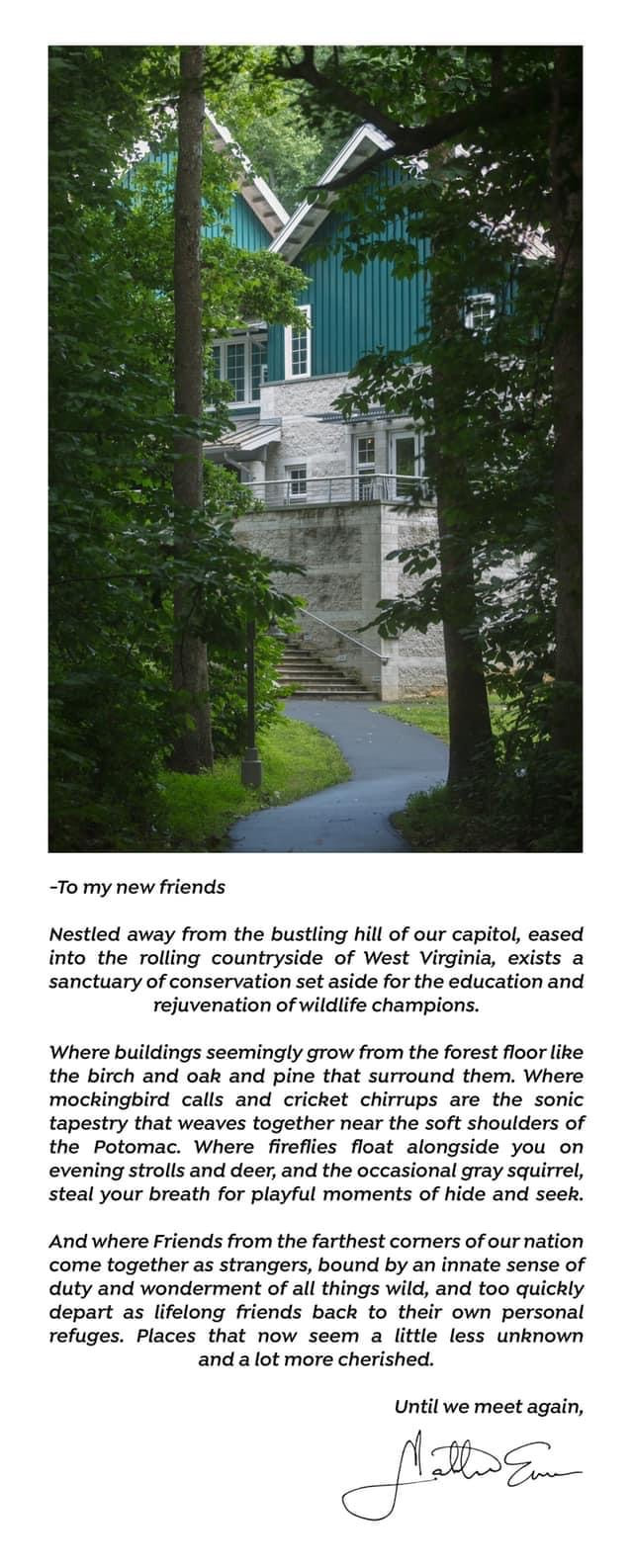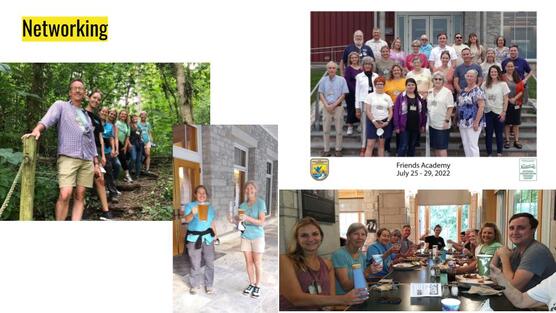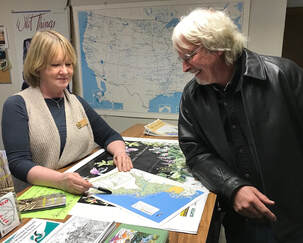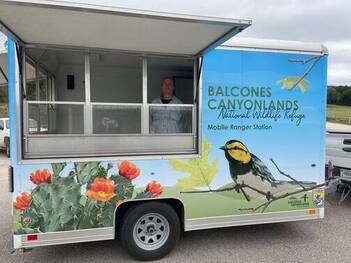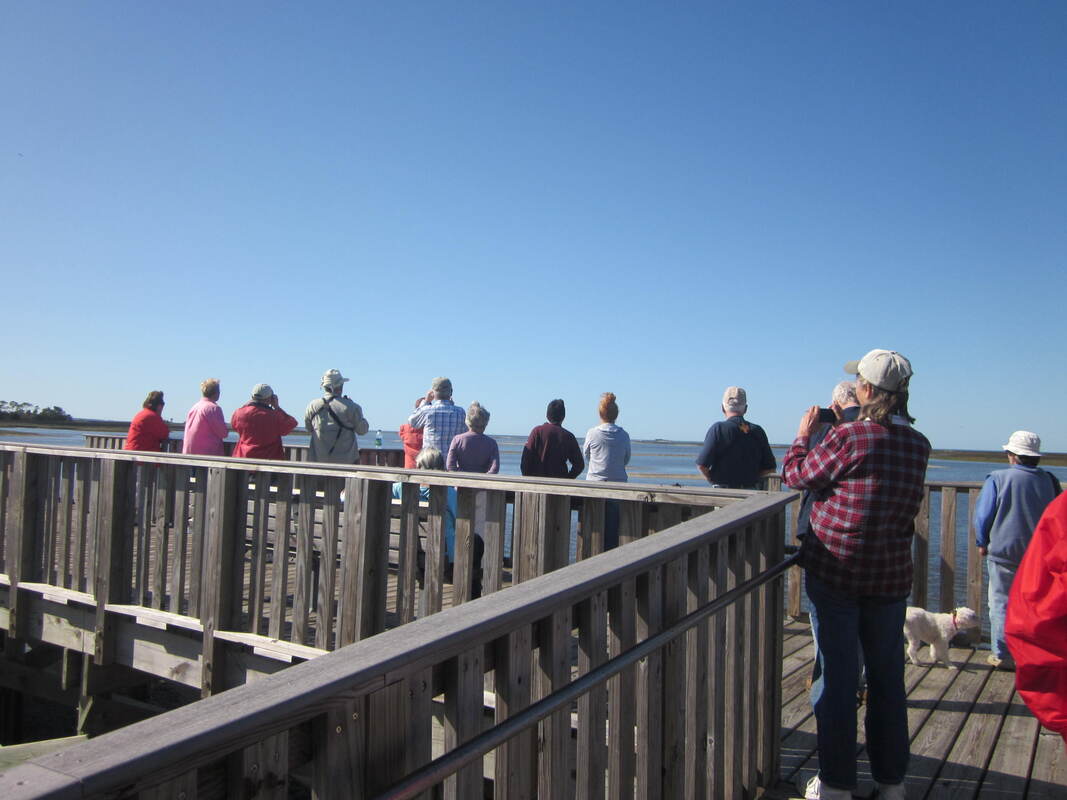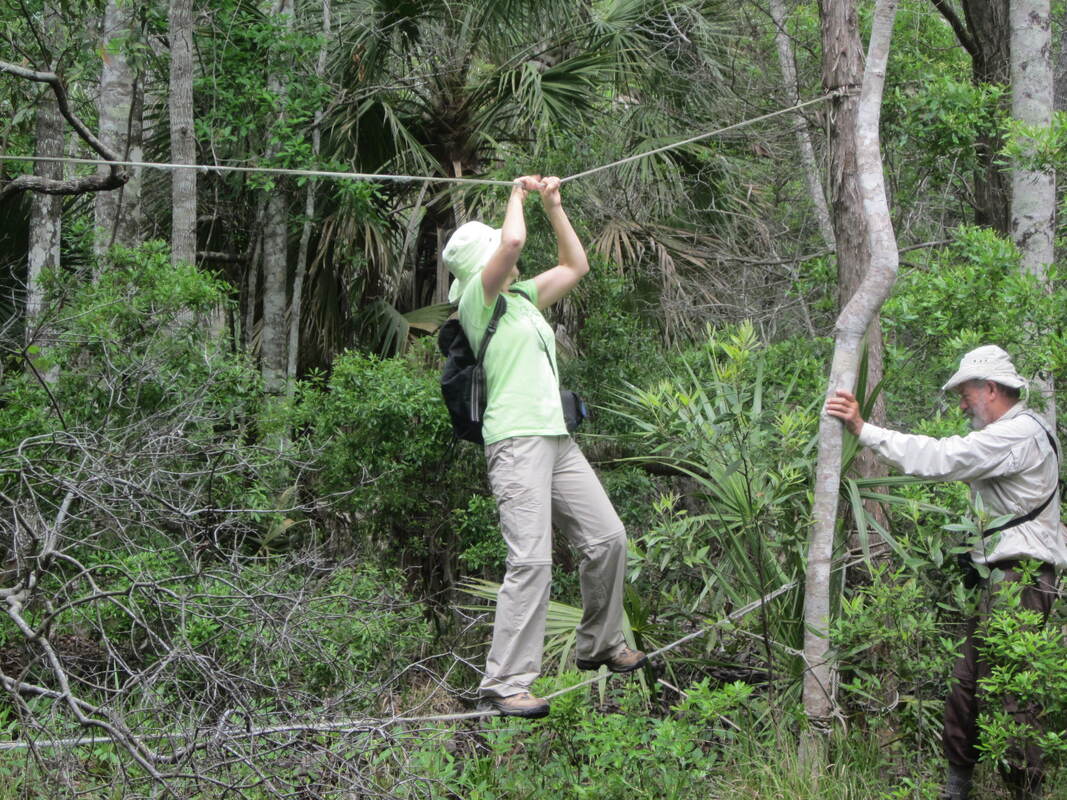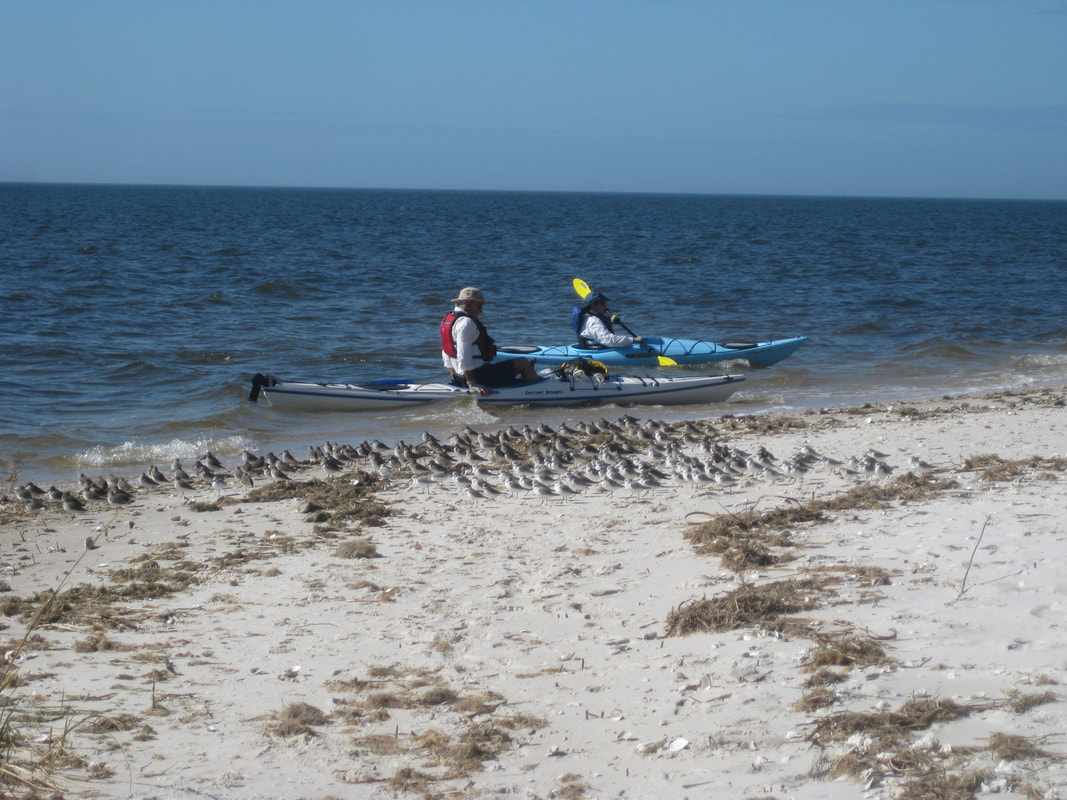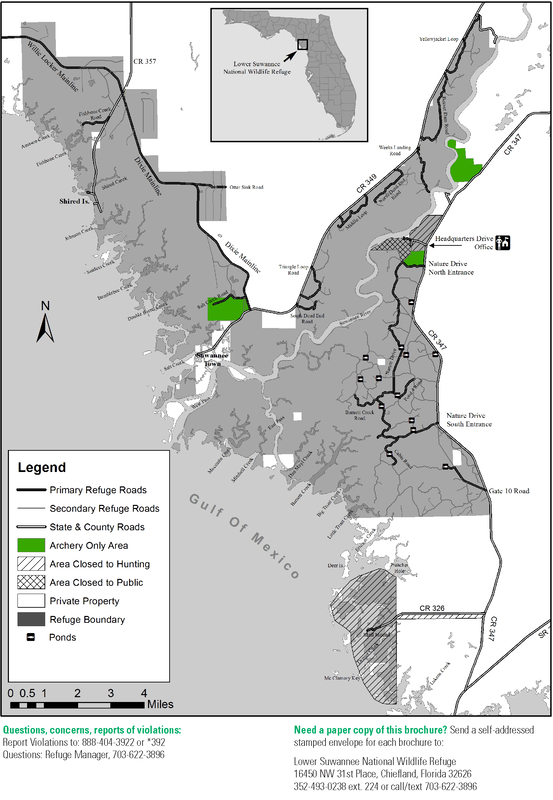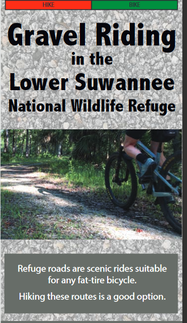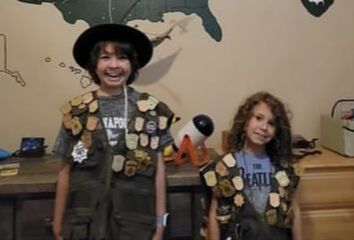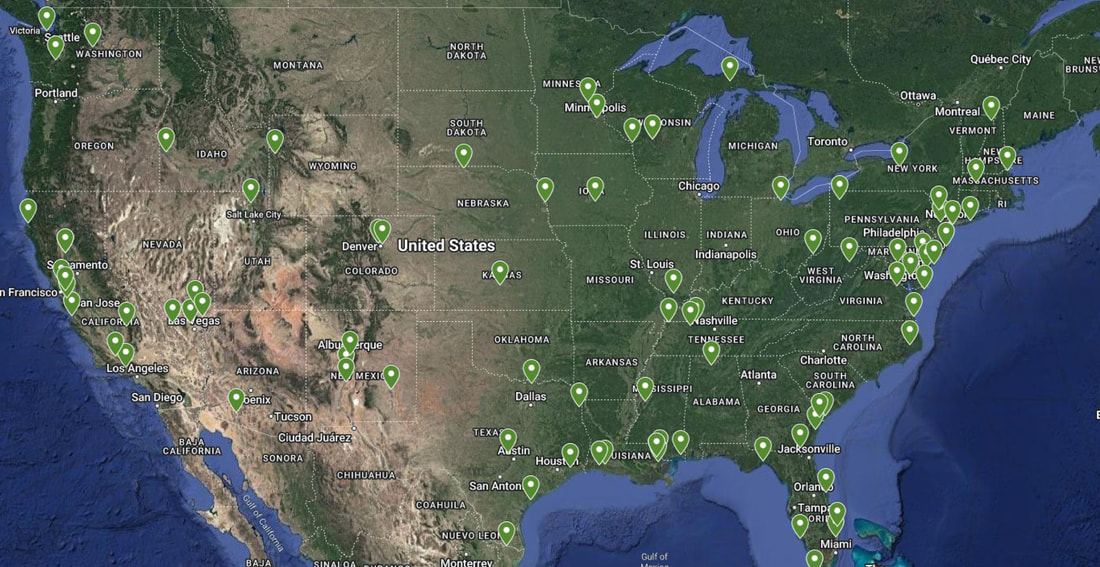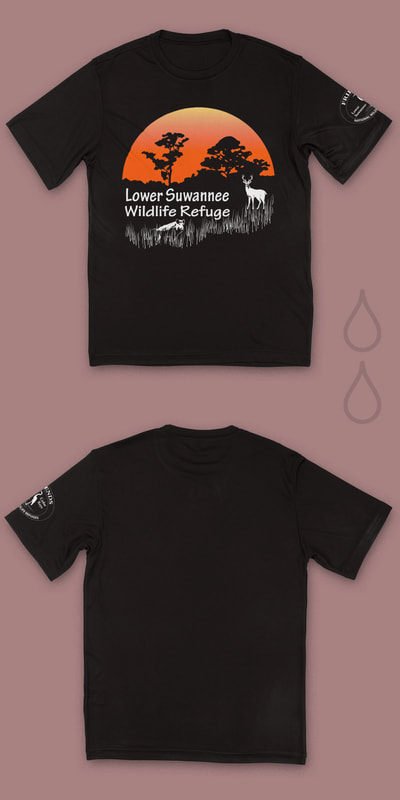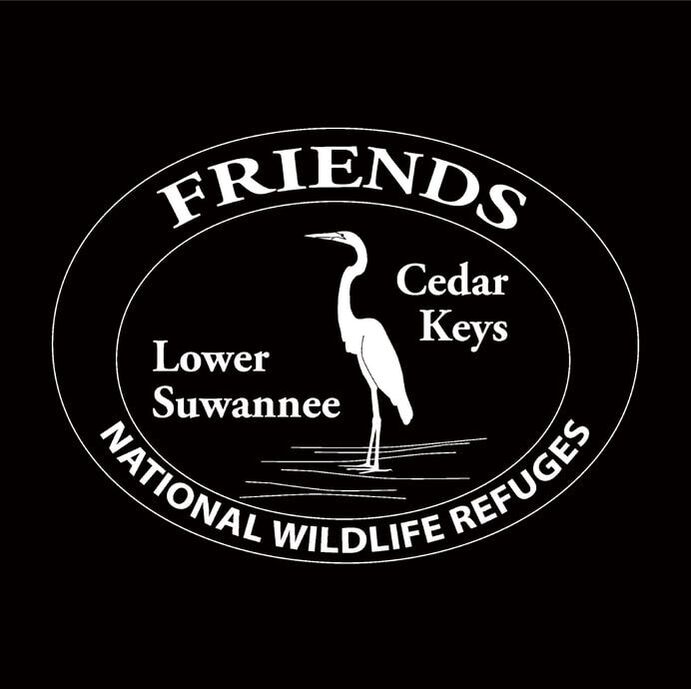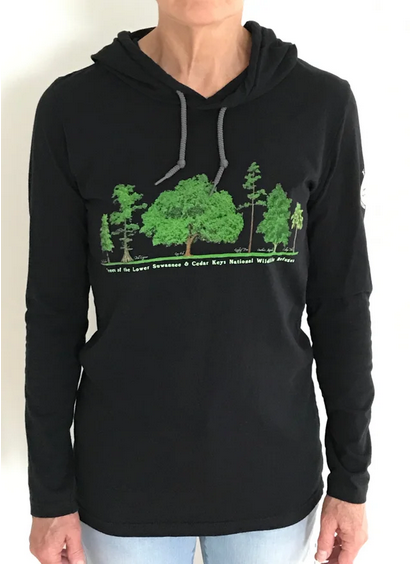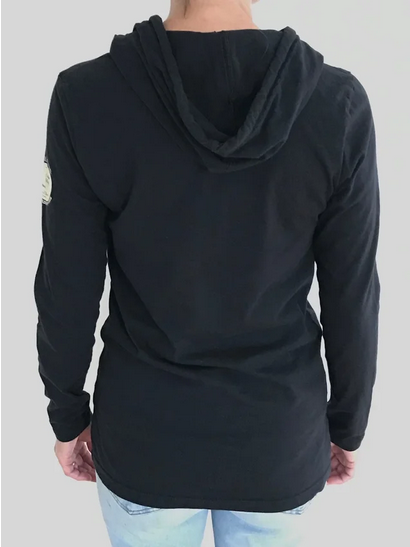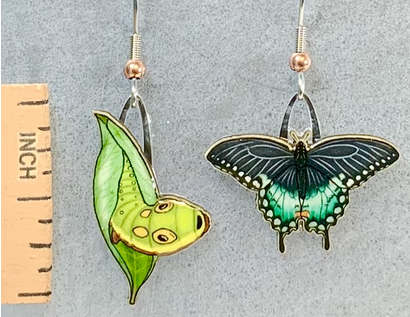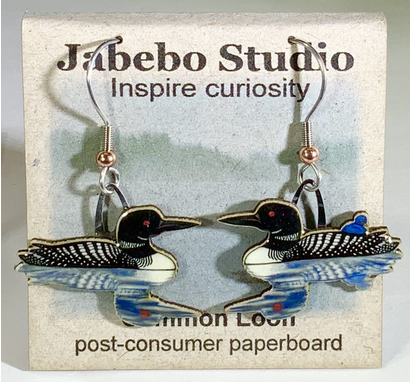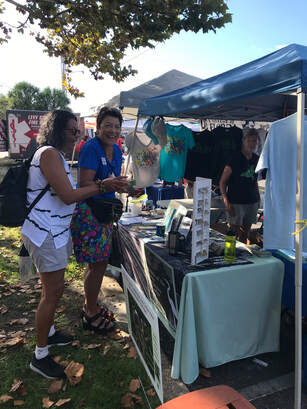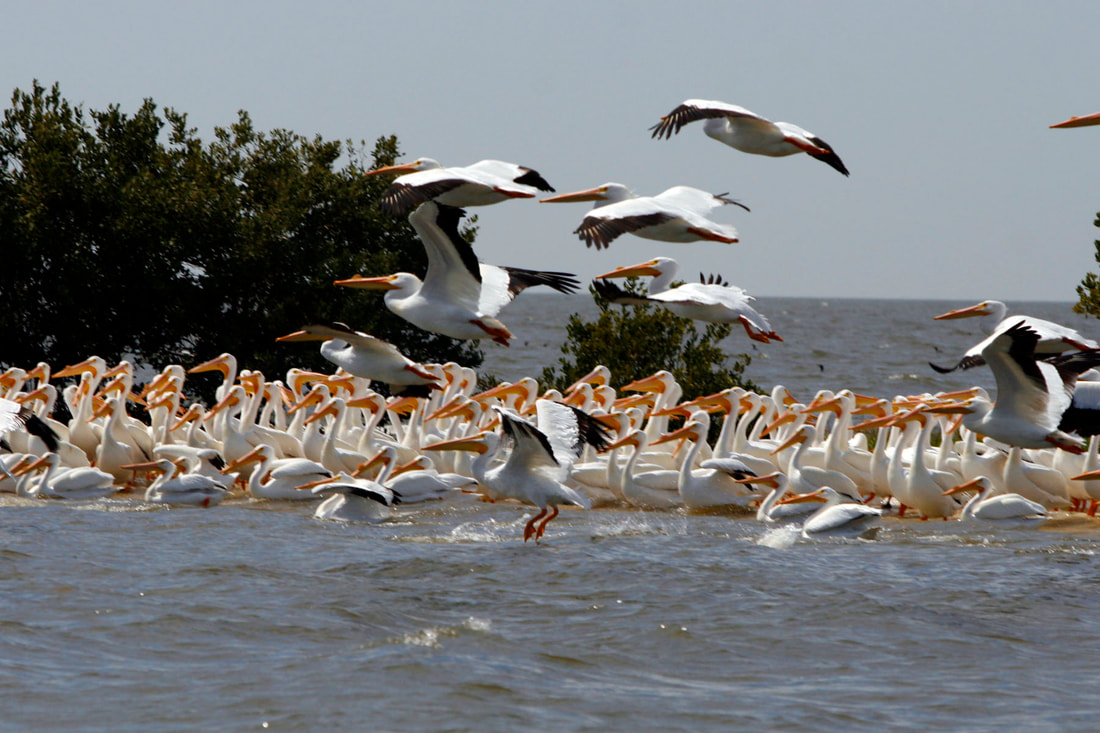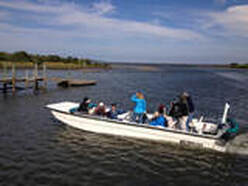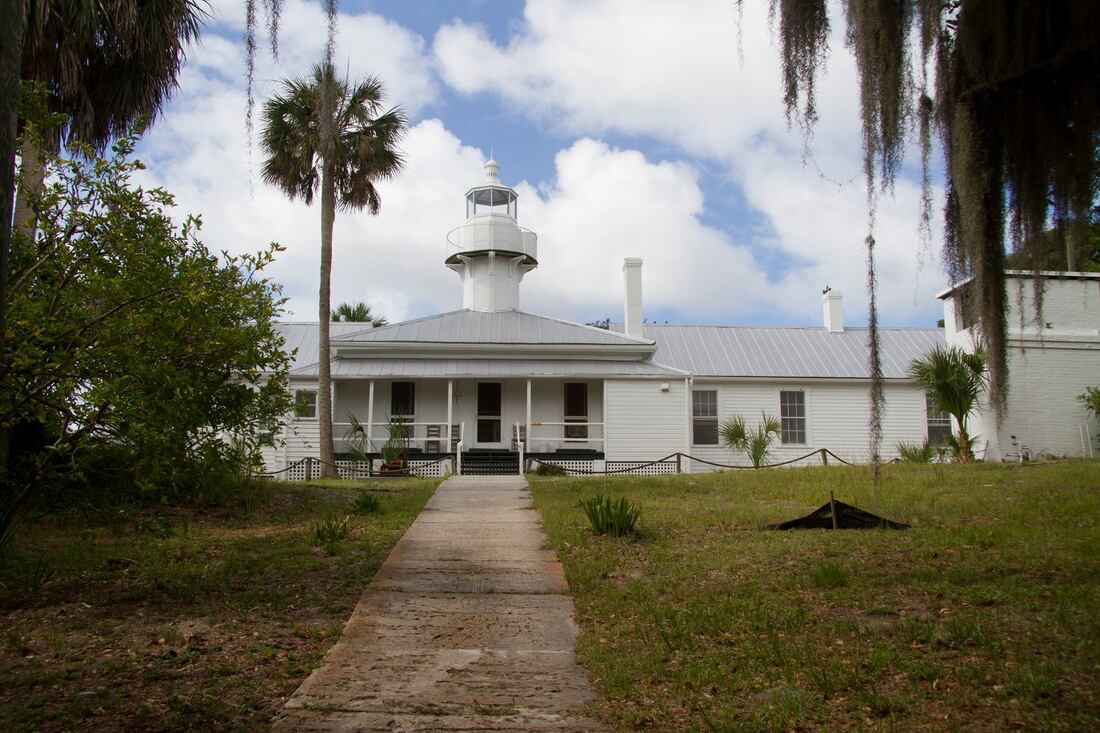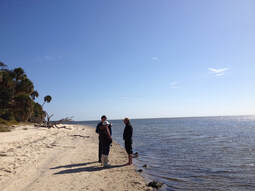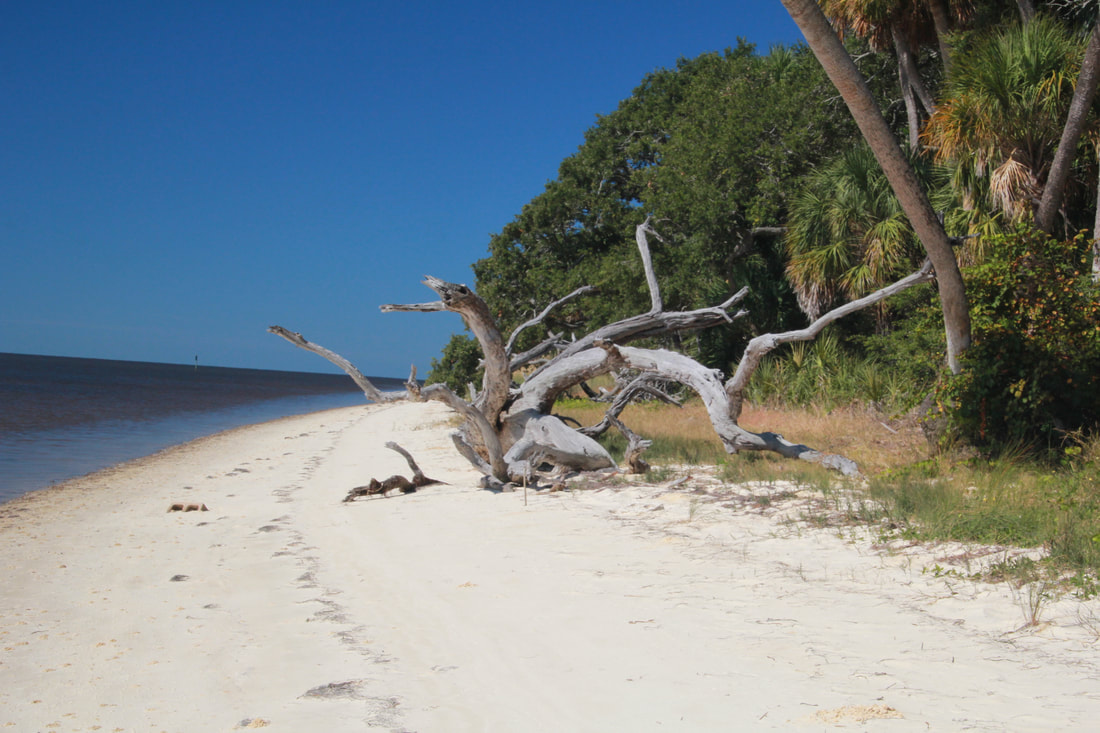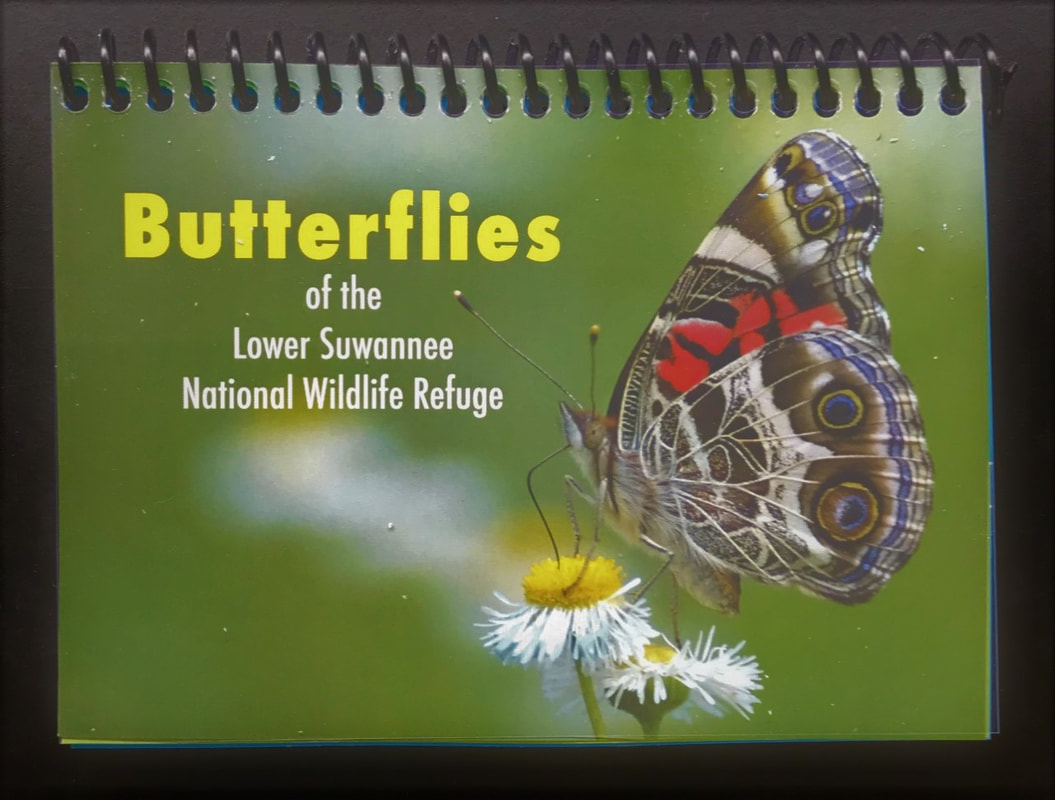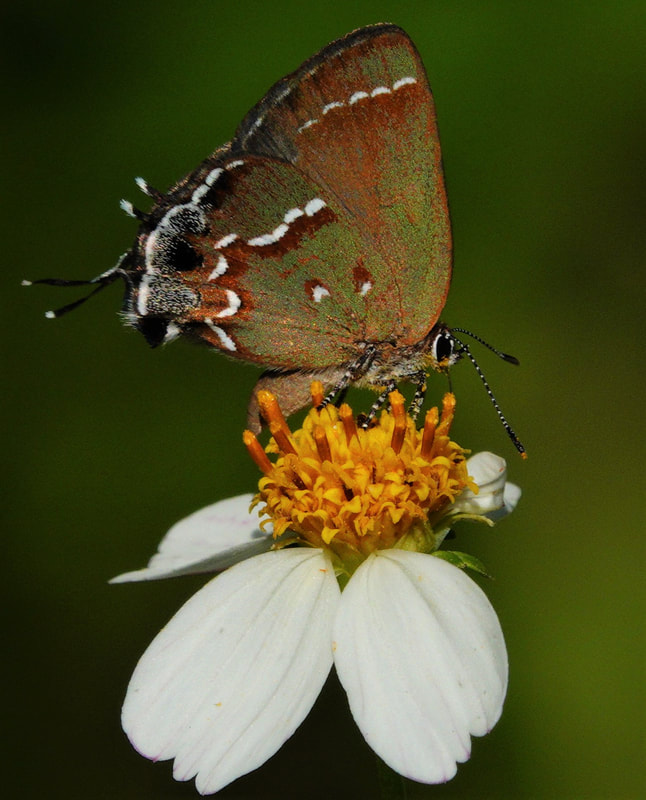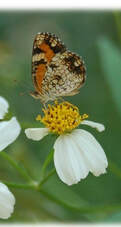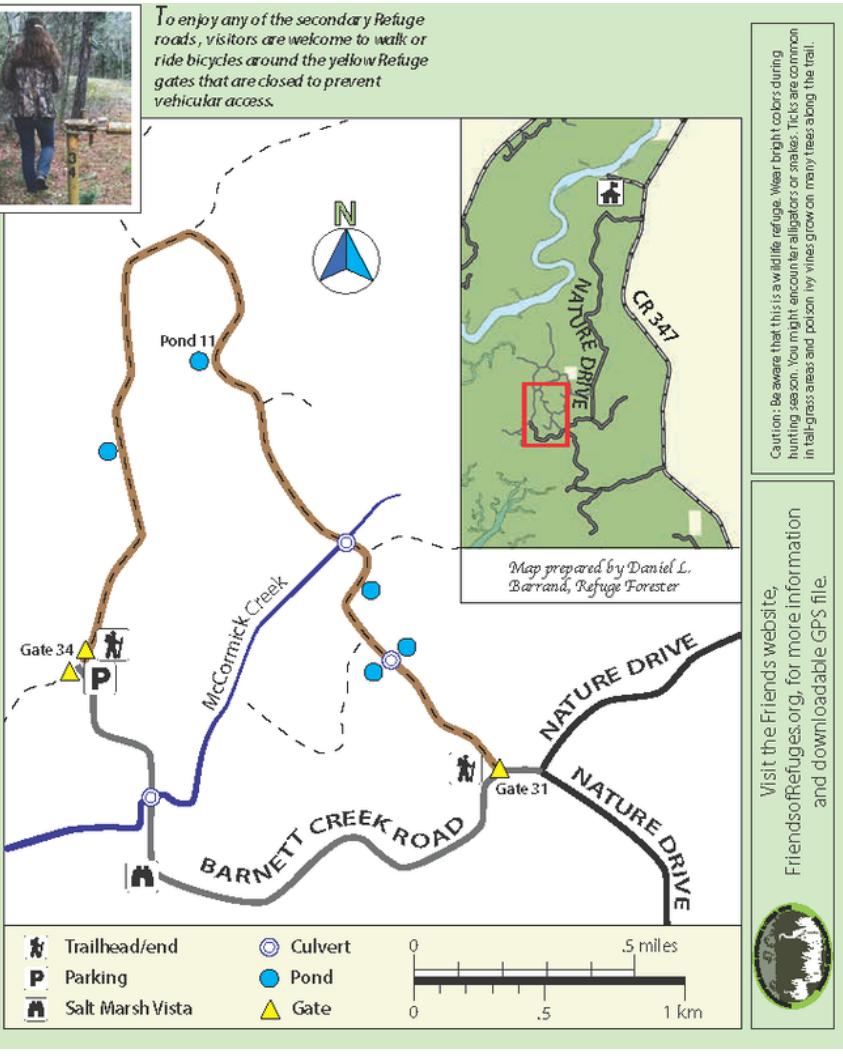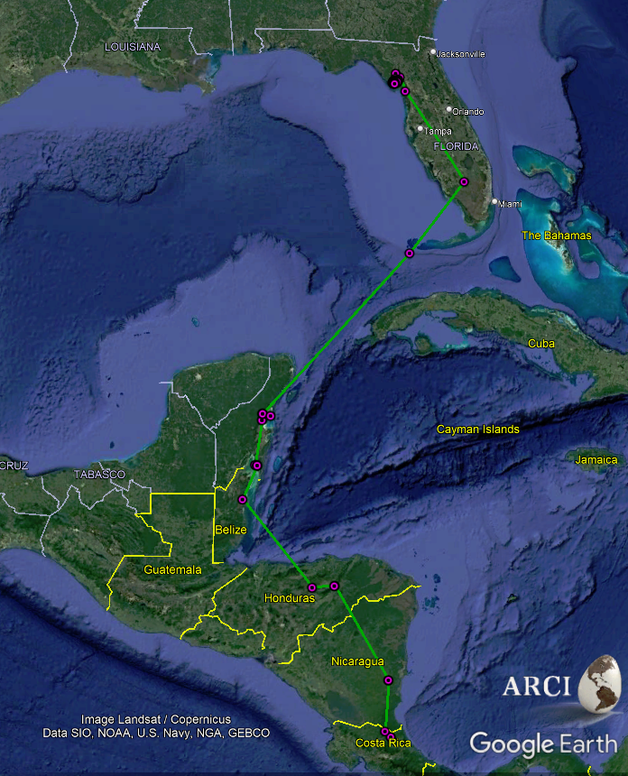|
Much more than a conference, Friends Academy was the best summer camp ever. The information-packed seminars made every day feel like a week. We covered a range of Friends-related topics including board governance, merchandise, expanding membership through diversity, and advocacy. But I learned the most by sharing problems and successes with fellow attendees. I came away knowing that our work for the Refuges is appreciated and that other Friends members are an infinite source of inspiration.
Matthew Emmer, an academy Friend from Savannah Coastal Wildlife Refuge, said it best below. -Debbie Meeks
0 Comments
Pre-pandemic the Friends assisted Refuge staff with visitor orientation at Refuge headquarters but that office is now occupied by staff and we miss interacting with visitors.
We are considering a mobile welcome center that will allow us to go where the people are. Being mobile has several advantages:
Recently, Friends learned of an opportunity to apply for a $15,000 grant to improve access to recreational activities at the Refuges. National Wildlife Refuges, such as our Lower Suwannee and Cedar Keys Refuges, are established primarily to conserve fish, wildlife, plants, and their habitats. In conserving the wildlife and their needed habitat, the refuges also provide wildlife-centered recreational opportunities, such as hiking, cycling, bird-watching, butterfly-watching, photography, kayaking, hunting and fishing. We are brainstorming ideas for projects we might propose that would increase access to our wildlife-centered recreational activities without creating more work for the refuge staff. We need them to manage the habitat and wildlife, not our recreation. Any cool ideas? Email [email protected], or leave a comment.
Hunting is a popular use of the Lower Suwannee Refuge. However, the area around the headquarters building, including the River Trail and the Tram Ridge Trail are never open to hunting, as noted with slash marks on the map. Archery Season on the Lower Suwannee Refuge is Saturday, September 17 to Sunday, October 16, 2022. Both archery and crossbow equipment are allowed. Hunters can take antlered or antler-less deer, wild hog, coyote, gray squirrel, rabbit, armadillo, opossum, and raccoon. Archery hunters can hunt all refuge lands open to hunting during any season. There are also archery-only areas that are open during all hunts with approved archery equipment only, as noted in green on the map. Hunting regulations are available on our Hunting page. To keep everyone informed, here is a list of this season's hunt days. Archery
Sept 17 to Oct 16, 2022 Muzzleloader Oct 22 to Oct 30, 2022 General Gun No. 1 Nov 5 to Nov 13, 2022 Thanksgiving- General Gun Family/Seniors/Disabled Veterans Nov 18 to Nov 20, 2022 General Gun No. 2 Nov 21 to Nov 27, 2022 Wild Hog Hunt Jan 28 to Feb 12, 2023 Small Game Jan 28 to Feb 12, 2023 Youth Spring Gobble Hunt Mar 11 and 12, 2023 Turkey, Spring Season Mar 18 to Apr 9, 2023
Across the country, many National Wildlife Refuges, National Parks, and other outdoor locations offer Junior Ranger programs. Friends of Lower Suwannee & Cedar Keys NWRs is developing one for our Refuges.
The program is designed for kids who like to explore forests, wetlands, and grasslands. They receive an age-appropriate activity book and guide to the Refuges and earn a badge upon completion. It is a great way to show families why every public land is important to preserve. Some families plan their vacations around collecting Junior Ranger badges! Learn more on our Junior Ranger page. Friends has two new tee shirt designs. Both are unisex style and will be available in limited numbers at our booth at the Cedar Key Seafood Festival.
The hoodie is currently available in the online store and the short sleeved shirt will be soon. Our selection of earrings has also been expanded. Cedar Key Seafood Festival is October 15 and 16. Friends will have an information and merchandise booth. We are eager to have many, many visitors. Come and learn why the Lower Suwannee and Cedar Key National Wildlife Refuges are so valuable in preserving our quality of life, our economy, and the natural environment that draw us to this place. Learn about our hiking trails, our gravel bike trails, our kayaking trails. Learn what the Refuge does to build back thriving, sustainable forests, to help keep the water of River and the Gulf a good home for the plants and animals who live there and on whom we depend for recreation and livelihood. Buy our merchandise and help spread the word about our Refuges. To help staff the booth for a few hours, email [email protected]. To visit us, come to the city park. We will be along A Street, looking forward to meeting you and hoping to make you smile. Look for Friends ad in the September-October edition of Hidden Coast magazine.
The Refuge will hold its final Open House at Seahorse Key for 2022 on Saturday, October 8 from 9:00 to 3:00. Sunday, October 9 is the alternate date, in case of bad weather. Visitors can walk up to to the Light Station and cross over to the beach on the far side of the island. It is a beautiful, adventuresome experience. Open Houses are free once you arrive at the Refuge island. However, visitors must arrange their own transportation. Shuttles are provided for a fee by tour companies in Cedar Key, or visitors can arrive by private boat. Important Information Seahorse Key is an island almost 3 miles from Cedar Key. Access is only by boat. There are no amenities, such as food or water on the island. Rest room facilities are limited. Should there be a medical or other emergency requiring professional assistance or evacuation, response times could be lengthy. Please plan with this in mind. Friends is celebrating National Wildlife Refuges Week with an expert-guided Butterfly Walk in the Wild. The walk will be along Barnett Creek Road on the Lower Suwannee Refuge; there will be no "wild" bushwhacking involved, just strolling along the limestone road in the serenity of the woods and marsh. Friends member Barbara Woodmansee will help us spot and identify butterflies, which hopefully will be abundant in that area in early October. There is no fee for this event. We would appreciate your emailing us at [email protected] if you plan to come. If there is a large group for the walk we will have additional butterfly experts to help spot and identify these wonderful creatures. We will start to gather at 8:45 at the point where Barnett Creek Road intersects with the Nature Drive. At 9:00 Barbara will have an introductory talk. We will start walking at 9:15 and finish by 12:00. Park along the side of the road near where Barnett Creek Road intersects with the Nature Drive. See the map below. We will not cover a lot of distance, perhaps a mile out and then back. We will be walking very slowly, watching the sides of the road for our butterflies. It will be good to bring plenty of water, sunscreen, a hat, and bug spray. If you have a Butterflies of the Lower Suwannee guidebook, bring it along. We will have a few available to purchase that day, if you want, but you do not need one for the walk. Barbara will sign books, if you wish. It was her expertise as a butterfly expert and photographer that made the guide possible. As we have previously reported, the researchers at Avian Research and Conservation Institute had received no downloads from Suwannee's tracker and assumed that it had finally lost battery power, having maintained contact almost a year longer than the battery's expected life. Amazingly, Suwannee called home again! Researcher Gina Kent wrote to let us know that as of September 2, " He's near the border of Nicaragua and Costa Rica!" "So...what happened? We are still getting very little location data (lucky if it is one location a day), but it is likely that the cell towers near the Refuge changed and the software in his transmitter could not relay the daily locations. Once he got to Central America, there were cell towers compatible with his transmitter! All the stored data was uploaded! "Can't expect too much more from this old transmitter, but we'll celebrate these successes and his survival in each and every location. This is my favorite news of the week." We all share Gina's joy at hearing from Suwannee again and at the fact that, at least for the moment, Friends is helping track two Swallow-tailed Kites, Suwannee and Suwannee II. Gina also reported that, as of September 2, "Suwannee II is safe and still enjoying the bugs and forests of the Yucatan." See her location in the 8.24.2022 post. In related news, Suwannee II is now part of the St. Petersburg Audubon Society's Raptors on the Move project. The Swallow-tailed Kite they had been tracking is no longing sending data so they are including Suwannee II in their program. We are happy to be sharing our data.
|
Archives
June 2024
|

Friends of the Lower Suwannee & Cedar Keys National Wildlife Refuges
P. O. Box 532 Cedar Key, FL 32625 [email protected] We are a 501(c)(3) nonprofit organization. |
|
